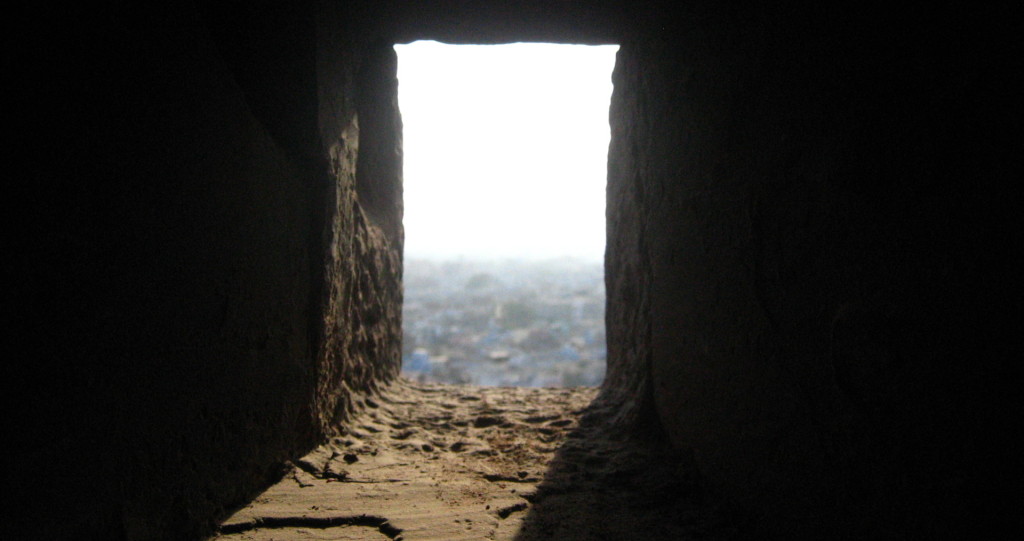Leo Coleman is Associate Professor of Anthropology at Hunter College & the Graduate Center, City University of New York, and the author of A Moral Technology: Electrification as Political Ritual in New Delhi (find out more here). He writes about technology, politics, and personhood in urban experience, law, food and culture, and the history of anthropology. He is the editor of Food: Ethnographic Encounters (Berg, 2011), and a number of academic articles and review essays in American Ethnologist, Anthropological Quarterly, Comparative Studies in Society and History, and elsewhere (see his CV for full details).
A Connecticut native, he was educated at the University of St Andrews and Princeton University, and previously taught in the Department of Comparative Studies at The Ohio State University. His research has included fieldwork in Delhi, India (2005-2006), ongoing fieldwork in Scotland, and multiple spells in libraries and archives from Calcutta to Chicago.
Lately, he’s been thinking about object-relations and politics, electrical metaphors for political relations (surges, shocks, and power), and legal and aesthetic formalism as an interpretive method and how it might help us draw constitutional and legal limits to both executive power and nativist populism. These thoughts are shaping up into two book projects, one a comparative historical anthropology of constitutional and legal form, and the other a postcolonial history of the idea of energy and its transformations in social thought.
Meanwhile, the conversations about infrastructure, ritual, and aesthetics that inspired A Moral Technology continue: see the new special issue of Verge, “Infrastructures and Global Political Aesthetics,” co-edited with Jessamyn R. Abel–with an open-access introduction freely available to download and read.
